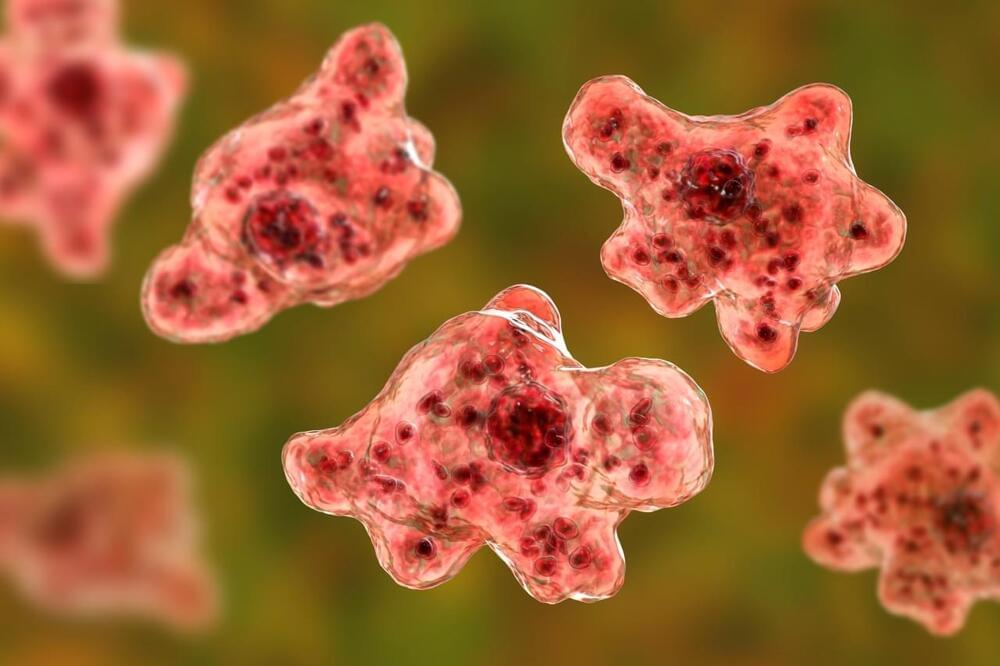Distinct neuron types in the auditory organ are necessary for encoding different features of sound and relaying them to the brain. Researchers at Karolinska Institutet provide evidence of an early, neuronal activity-independent, emergence of the different subtypes of auditory neurons, prior to birth in mice. The findings have recently been published in Nature Communications.
Previous studies have provided ambiguous results on whether the different subtypes of auditory neurons emerge during prenatal or postnatal development, with in the latter case, a possible role of neuronal activity in generating their diversity. In this new study, researchers demonstrate that the fate of auditory neuron subtypes is under genetic control in the prenatal period, and reveal the complex molecular networks controlling their genesis.



